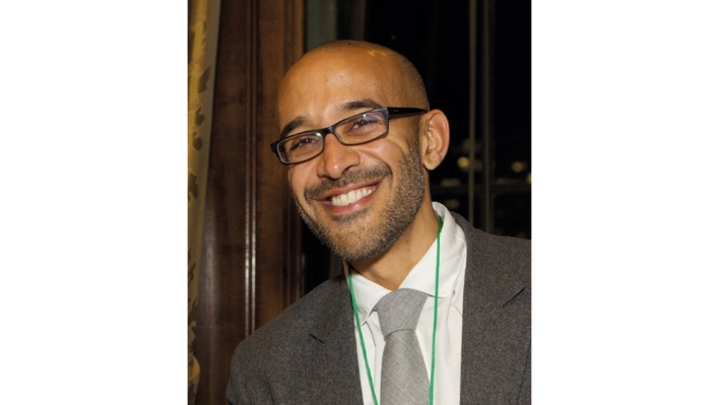Matthew Bell revisits Alan Bleasdale’s eloquent masterpiece, which laid bare the price of callous economics.
Forty years on, the Britain depicted in Boys from the Blackstuff is almost unrecognisable. Liverpool is a wasteland of boarded-up shops, derelict factories and empty streets. Only the dole office is open for business.
In the hands of a lesser writer such a series would be a miseryfest, but this is Alan Bleasdale’s masterpiece, with scripts that feel as fresh as the day they were penned.
He rages at the devastation inflicted by spiralling unemployment on the people of his hometown, but there is also humour, humanity and hope to leaven the tragedy. And he is never afraid to subvert expectations, taking pops at windbag Marxists yet giving a street copper sympathetic treatment.
The five-part drama Boys from the Blackstuff, which follows the fortunes of a gang of unemployed former tarmac workers, was first broadcast on BBC Two in autumn 1982.
It is a sequel to Bleasdale’s television play The Black Stuff (slang for tarmac), which had aired a couple of years earlier to strong reviews and featured the same principal actors – Bernard Hill, Michael Angelis, Alan Igbon, Tom Georgeson and Peter Kerrigan.
Between the two, there was a standalone blackly comic drama for the BBC’s Play for Today strand, The Muscle Market, featuring Pete Postlethwaite as a failing building contractor, which was originally intended to be part of the Blackstuff series.
Unemployment had topped 3 million during the year Boys from the Blackstuff was shown and the series was widely interpreted as an indictment of the Government of Margaret Thatcher. In fact, Bleasdale, though implacably opposed to Thatcher and her free-market zeal, had written most of the series before she came to power.
In the first episode, Jobs for the Boys, the men take a cash-in-hand job on a building site, with “dole sniffers” (undercover social security officers) hot on their trail.
This is our introduction to the drama’s most memorable character, Yosser Hughes, played by Hill with a terrifying intensity. Yosser has lost his job and wife, and is at risk of losing his three children and his sanity. Stripped of all dignity, he veers between a misplaced optimism – his catchphrases, which became ubiquitous at the time, are “Gizza job!” and “I can do that!” – and sudden violence, above all his infamous headbutt.
Subsequent episodes follow Dixie Dean (Georgeson) taking a job as a security guard and being strong-armed into accepting bribes, Chrissie (Angelis) and his wife (Julie Walters) struggling to feed their children, Yosser’s mental disintegration and the death of old socialist George (Kerrigan). It is human tragedy, with a seam of the blackest of humour running through it.
The Liverpool-born Bleasdale had already made his mark before writing the Blackstuff dramas. He had been resident playwright at the Liverpool Playhouse and Manchester’s Contact Theatre, and written a short 1975 TV drama, Early to Bed, starring Alison Steadman. There had also been a series of radio stories and a 1978 Play for Today, Scully’s New Year’s Eve, highlighting a fictional Liverpool lad, Scully.
Bleasdale notably went on to write GBH – widely seen as an attack on Trotskyite Liverpool politician Derek Hatton – for Channel 4 and the black comedy No Surrender for the cinema, which reunited him with Angelis, Georgeson and Hill.
But it is Boys from the Blackstuff, for which he won an RTS award, that Bleasdale will always be best known. It was hugely popular with critics and audiences on its initial transmission, winning a second showing on BBC One just a couple of months later. Subsequently, and deservedly, it has been ever-present in polls of Britain’s best-ever television programmes.
Boys from the Blackstuff is available on BritBox.







